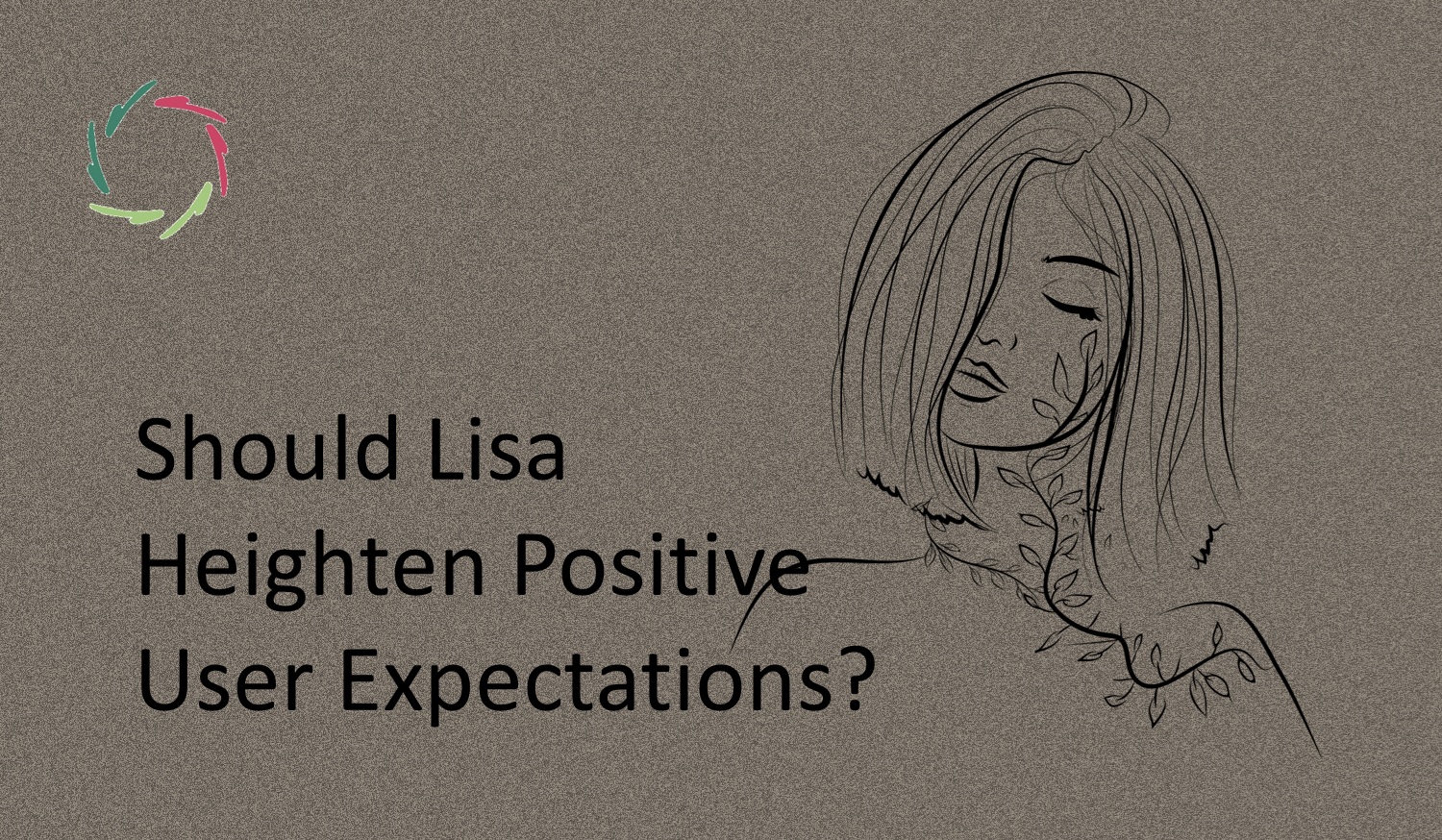How Lisa Manages Conceptual Drift

‘Conceptual drift’ refers to the gradual change or shift in the meaning, interpretation, or boundaries of a concept over time or across different contexts. This blog describes how this plays out with Lisa and why it’s essential to be aware of it.
This is especially crucial because Lisa deals with human intelligence and mental health—domains that are intensely fluid and context-dependent.
Evolving definitions of mental health and well-being
Mental health is a highly dynamic field where the understanding of concepts like ‘well-being,’ ‘stress,’ ‘depression,’ or even ‘self-growth’ can change based on cultural, societal, or scientific advances.
Lisa, as an A.I. built on Compassionate intelligence, must be adaptable to these shifts to remain relevant and effective. If Lisa’s models don’t evolve with new definitions of mental health, there’s a risk that her advice or interactions could become outdated or less aligned with current best practices.
Adaptation without losing core values
While Lisa must evolve, it’s crucial that this evolution remains grounded in the AURELIS principles of depth, openness, and respect. Conceptual drift could make Lisa drift away from her core mission, for instance if the context in which she operates (e.g., workplace settings, diplomatic negotiations) significantly shifts her focus.
Monitoring for conceptual drift will help ensure that Lisa remains a balanced and Compassionate guide.
Continuous learning and avoiding drift
Given that Lisa learns from her interactions, the risk of conceptual drift becomes particularly relevant. As Lisa interacts with diverse users and adapts to new data, there’s always the possibility that subtle shifts in the interpretation of concepts could occur over time.
For example, the meaning of ‘self-care’ or ‘emotional intelligence’ might shift depending on societal trends, user feedback, or even regional variations in how mental health is perceived. Lisa must continuously update and refine her understanding to prevent these drifts from leading to misunderstandings or suboptimal guidance.
Guarding against negative drift
One of the challenges with any A.I. system that evolves is ensuring that conceptual drift doesn’t take the system into negative or less productive areas.
For example, Lisa’s interpretations of complex human emotions or social dynamics could drift in ways that make her advice overly rigid or biased if left unchecked. That’s why it’s essential for her to continuously be aligned with human oversight and consistent with ethical frameworks — ensuring that she stays on mission.
Using conceptual drift to evolve positively
At the same time, controlled conceptual drift can be a strength. It allows Lisa to adapt to new cultural understandings of mental health and personal development.
For example, emerging insights into mindfulness, neuroplasticity, or even changing social norms can be incorporated into Lisa’s framework. The key is to ensure that Lisa’s evolution is in sync with broader shifts in mental health research and human understanding while keeping her core Compassion-based mission intact.
Lisa’s role in diverse contexts (diplomacy, healthcare)
As Lisa moves between different domains (e.g., healthcare, coaching, diplomacy), there’s a potential for her to encounter conceptual drift in how concepts like conflict, negotiation, and cooperation are understood across cultural or situational contexts.
For example, “Compassionate negotiation” in one cultural or geopolitical setting may be interpreted very differently elsewhere. Lisa must be flexible enough to understand these variations without losing her foundational principles.
Managing conceptual drift
In Lisa’s case, managing conceptual drift will involve continuously updating her knowledge base to stay in line with modern research and societal trends while also leveraging human oversight to ensure she remains aligned with her core principles of Compassion and human depth.
This balance will allow Lisa to adapt to the world’s changing needs without losing the essence of what makes her so transformative.


